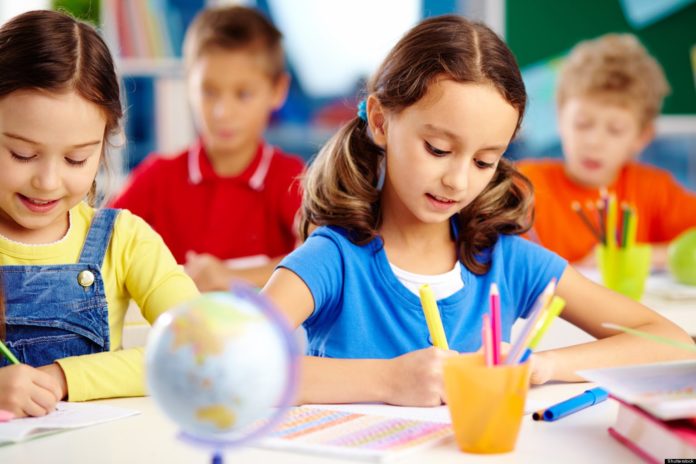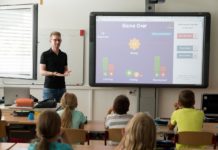The physical environment has a strong influence on both young children’s education and growth. It is very imperative that the environment you offer, or select for your kid, supports the developing child’s physical, emotional, social, and intellectual growth.
The school is an important individual and social environment in the lives of children. A child-friendly café just like Rainbow learning academy or any place other than the school which confirms each child a setting that is physically secure, emotionally protected and mentally permitting. This can make a child enjoy and learn from something other than normal school setup.
The Environment Upkeep With The Beliefs And Syllabus
Mostly all the point of views regarding early childhood education and learning stresses on the significance of play, hands-on-learning, and complete child growth, a good early childhood environment provide backing to these actions. For more details please visit our website: https://rainbowlearningacademy.org/best-daycare-bellevue/
There are some areas in a set up very important for toddlers, like well-supplied role-playing zones. Place where children can play with blocks, provisions for sand and water activities, controlling, art areas, and reading corners. Is the space organized in such a way that kids can make noise while playing without troubling children in other actions? There should be a donation for forming a mess in the art area that doesn’t spoil the books in the reading area.
Environments should motivate education
Environments for fewer than five children ought todelivernumerousfoundations of encouragement to cheer the expansion of physical, intellectual, responsive, and communalabilities. While planning the environment or surrounding for these toddlers make certain tocomprise the subsequent:
Places and physical activities that is suitable for the development of young ones
Environments have to arrange for children with prospects for a lot of physical activities that help their physical and intellectual growth. Young children absorb most efficiently means of full physical participation and necessitate a high level of physical activity, diversity, and stimulus variation.
Occasions for actual, hands-on undertakings
Young children want hands-on activities like water play, construction of mud pies, wood crafting, bedtime play with dolls, etc. They also require diverse means to rehearse and incorporate fresh experiences into current psychological edifices, for instance, role-playing, drawings, photography using language, and playing with blocks etc.
Modification and variation
An endless modification of incentives and activities is essential while dealing with small kids—backgrounds, surfaces, colors, social groups, activities, surroundings, sounds, and smells. The more they are involved in different activities the better they will learn and perform.
Colors and decorations
Color and decorations can be a good method of maintaining the numerous serviceable regions in the where the children are involved in different actions, arrange for desire disincentive and variations,
It is advisable to develop altered zones and moods in the room. Lively colors such as red, magenta, and yellow work well in the gross motor area; calming blues and green are good color picks for hands-on learning centers; and whites and very light colors are decent for parts that require lots of attentiveness and light. Soft pastels and other gentle hues, on the other hand, work well in reading areas and other low strength activities. Adornments should trail the identical outline, with a further prominence on altering them regularly.









